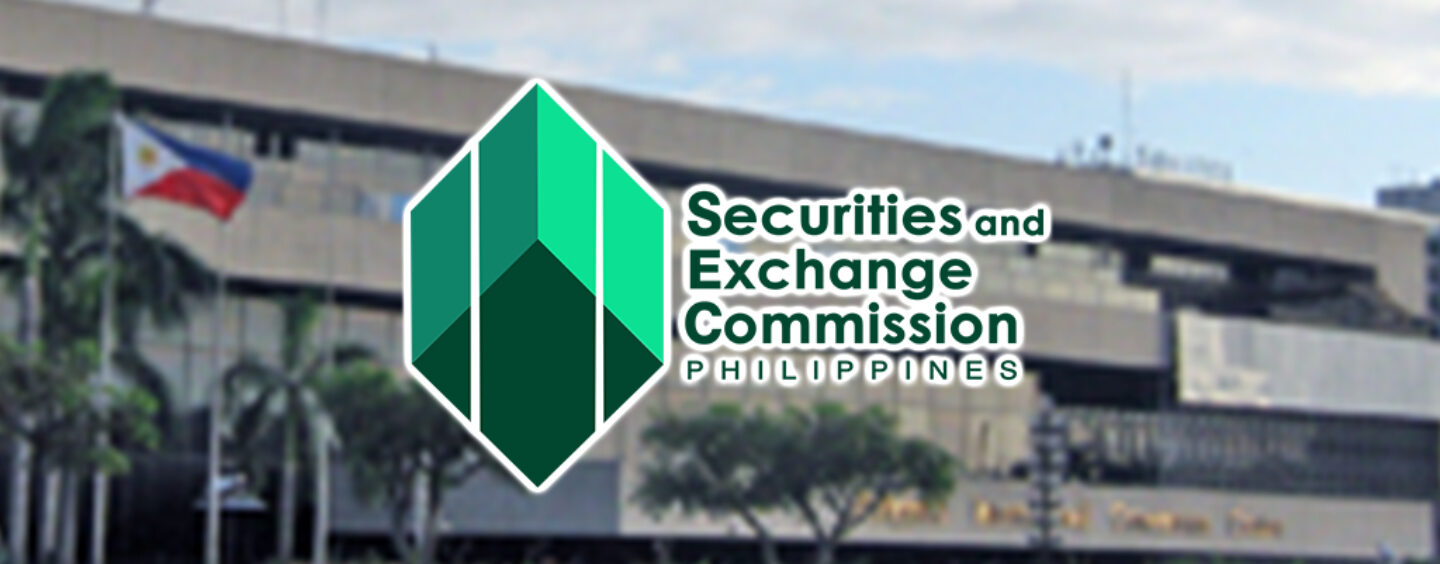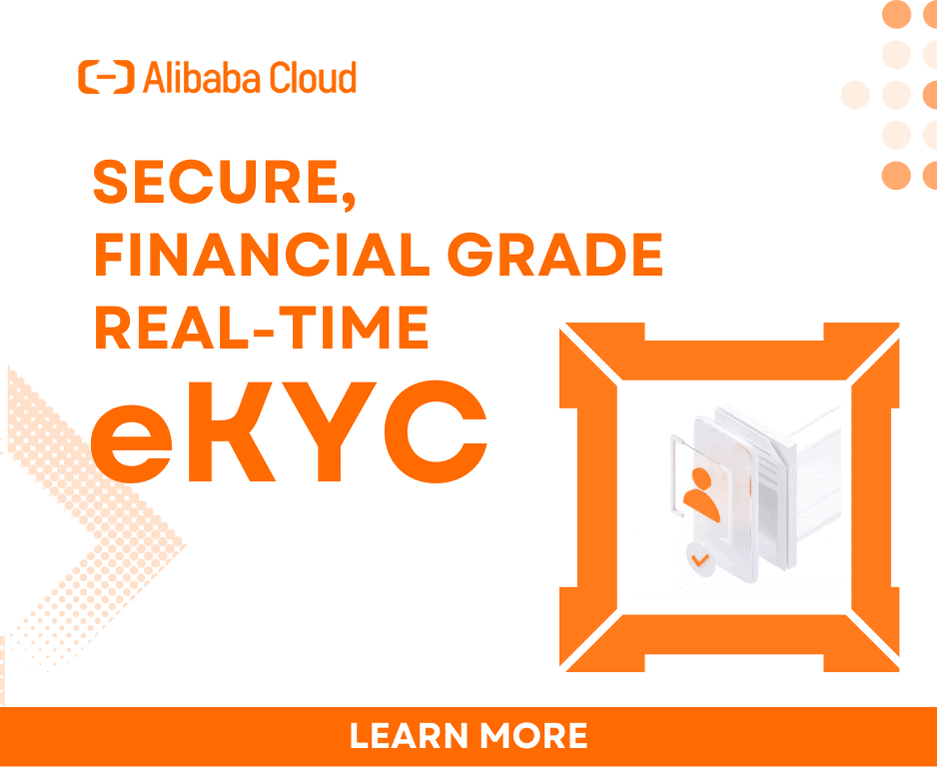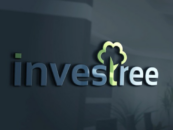Philippines’ regulator, Securities and Exchange Commission (SEC) has released its rules and regulations on crowdfunding as its way of providing certainty in the market so that startups and SMEs can access funding, while the public is given more investment options.
In the Philippines, Section 8 of the Securities Regulation Code (SRC) provides that securities shall not be sold or offered for sale or distribution within the Philippines, without a registration statement duly filed with and approved by the Commission. However, to promote access to finance, the new rules provides an exemption from registration of crowdfunding securities as long as everyone involved complies.
SEC Chairperson Emilio B. Aquino said:

Emilio B. Aquino
“With the rules and regulations governing crowdfunding in place, the commission hopes to support recent financial innovations on providing easier access to finance especially for smaller business startups or ventures while ensuring the integrity and fairness of financial systems and the protection of investors.”
The regulator sees four types of crowdfunding:
- Donation-based crowdfunding, where individuals pool their resources to support a charitable cause;
- Reward-based crowdfunding, where individuals give money to a company in return for a “reward,” usually a product produced by the company;
- Lending-based crowdfunding, where individuals lend money to a company and receive the company’s legally-binding commitment to repay the loan at pre-determined time intervals and interest rate; and
- Equity-based crowdfunding, where individuals invest in shares sold by a company and receive a share of the profits in the form of a dividend or distribution, subject to the company’s discretion.
Under the new regulations, reward-based and donation-based crowdfunding are not subject to securities regulation as they do not involve offers of securities or the prospect of financial returns.
Lending-based and equity-based crowdfunding involves the offer of securities in the form of debentures or shares, and thus are subject to securities regulation in most jurisdictions.
The new regulations stipulate that crowdfunding portals must register with the SEC and crowdfunding transactions must be conducted exclusively through registered intermediaries.
Any related investment information like issuer information, fees, charges, and other expenses, and information on investor rights must be displayed prominently, and they can’t offer any advice, do any soliciting for the securities displayed on its platform, reward any employee or agent for the sale of any securities, and they can’t hold, manage, possess, or otherwise handle investor funds or securities.
Once registered, some limits on crowdfunding platforms include: a 10 million pesos limit when offered and sold to any investor, and a 50 million pesos limit when offered (and sold) to qualified investors.
Total investments are capped at 2 million pesos for retail investors with a maximum value of 5% of their total income per year—but if their total income exceeds 2 million pesos, then they can get a maximum value of 10% of their total income per year.
The limits don’t apply to qualified investors, who are governed by other rules in the SRC.
Crowdfunding platforms are given three months to transition into the rules before they become effective, and the regulator recommends that registrations are done in that time.
Those who submit an application for registration within the three-month transition phase may continue its operations until the commission has made a decision regarding its application.
Otherwise, those who fail to submit an application during this transition phase will be regarded as carrying on crowdfunding activities in violation of SEC rules and regulations.
This article first appeared on fintechnews.sg








